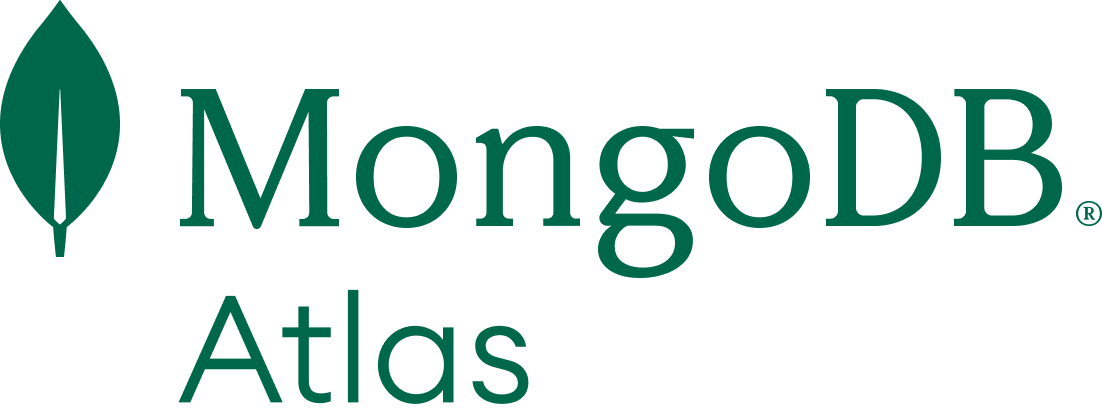
Overview
ScyllaDB Enterprise is the high-performance NoSQL database for real-time big data workloads. It is a wide-column store with APIs compatible with Apache Cassandra CQL and Amazon DynamoDB. ScyllaDB Enterprise is self-tuning upon installation and self-optimizing in production, which means users get optimal performance without spending time constantly tweaking the system. It just runs consistently fast, with consistent low latency. ScyllaDB is designed to take full advantage of NUMA multiprocessor architectures and fast storage, such as those found in AWS I3, i3en, and i4i series instances.
Highlights
- Build highly scalable, highly performant NoSQL-based applications that can support high-throughput (millions of transactions per second per database node) and maintain consistent low single-digit millisecond latencies.
- APIs compatible with Apache Cassandra CQL and Amazon DynamoDB.
- With ScyllaDB hardware efficiency and predictable pricing, users reduce their TCO up to 70% without compromising performance.
Details
Introducing multi-product solutions
You can now purchase comprehensive solutions tailored to use cases and industries.
Features and programs
Buyer guide

Financing for AWS Marketplace purchases
Pricing
Free trial
Dimension | Cost/hour |
|---|---|
i3.4xlarge Recommended | $1.63 |
Vendor refund policy
Custom pricing options
How can we make this page better?
Legal
Vendor terms and conditions
Content disclaimer
Delivery details
64-bit (x86) Amazon Machine Image (AMI)
Amazon Machine Image (AMI)
An AMI is a virtual image that provides the information required to launch an instance. Amazon EC2 (Elastic Compute Cloud) instances are virtual servers on which you can run your applications and workloads, offering varying combinations of CPU, memory, storage, and networking resources. You can launch as many instances from as many different AMIs as you need.
Version release notes
Additional details
Usage instructions
Resources
Vendor resources
Support
Vendor support
Scylladb Enterprise support ensures that users have access to the engineers who develop Scylla via the channels they prefer - the web support, email, Slack, etc. https://www.scylladb.com/scylladb-support-policy/
For additional information, custom pricing, or a private contract, please contact info@scylladb.com .
AWS infrastructure support
AWS Support is a one-on-one, fast-response support channel that is staffed 24x7x365 with experienced and technical support engineers. The service helps customers of all sizes and technical abilities to successfully utilize the products and features provided by Amazon Web Services.



FedRAMP
GDPR
HIPAA
ISO/IEC 27001
PCI DSS
SOC 2 Type 2
Standard contract
Customer reviews
High-Performance and Scalable, But Needs Better Monitoring
ScyllaDB: A Must-Have for Dynamic NoSQL Database Management
ScyllaDB Gives Better Speed and Throughput Than Other NoSQL Alternatives
Great Database with Strong Community and Fast Performance
ScyllaDB events are useful and easy to follow.
Learning from the community sessions is simple.
The overall ecosystem feels strong and growing.
It would help if ScyllaDB had simple built-in user access features.
Blazing Fast, Effortlessly Scalable NoSQL with Excellent Documentation
While many systems struggle with high latency and slow reads under heavy load, ScyllaDB delivers extremely fast and consistent read performance, even at large scale.
It fully utilizes all CPU cores and scales horizontally without losing speed, eliminating slowdowns and bottlenecks during peak traffic.
In practice, this means near real-time responses and a much more efficient infrastructure.